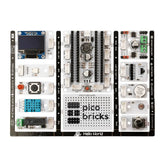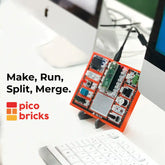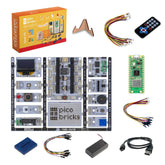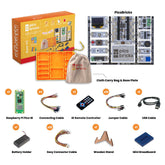A 3D-Printed House Built in Just 3 Days in Japan!

No Cement Used — Constructed with Soil for Only $30,000
Japan-based construction company Lib Work has unveiled a groundbreaking project in the world of sustainable architecture: a 3D-printed house completed in just three days. Built using a soil-based material instead of traditional cement, this innovative structure stands out for its eco-friendly approach and impressively low cost.
A Home for Just $30,000? Yes, It’s Real
According to Lib Work, the entire construction cost was just 4.5 million yen, which is approximately $30,000. In a housing market where affordable homes are becoming increasingly rare, this project offers a glimpse into a future where housing can be both accessible and sustainable.
Soil-Based Material: A Sustainable Game-Changer
Unlike conventional construction methods that rely heavily on high-carbon-footprint materials like cement, this project embraces soil-based compounds. This not only lowers environmental impact but also reduces production costs.
The primary advantages of using soil include being locally sourced, biodegradable, and fully recyclable. The project significantly reduces both energy consumption and construction waste.
A Unique, Organic Design with Rounded Forms

Breaking away from traditional boxy home designs, this 3D-printed house features rounded, flowing contours. This isn’t just about aesthetics — the form also provides structural benefits, especially in earthquake-prone regions.
Inspired by its “Sphere” concept, the house maximizes interior space while offering improved structural stability. Thanks to 3D printing, creating complex architectural forms like this is now faster and more feasible than ever.
Will 3D-Printed Homes Become Mainstream?
Projects like this highlight how 3D printing is no longer limited to prototyping or small-scale manufacturing. It’s fast becoming a viable alternative in the housing industry, especially for areas in urgent need of rapid, affordable housing — such as disaster zones, refugee camps, and rural communities.
Lib Work has announced plans to work closely with local governments in Japan to further develop and scale this housing model.
Robotistan’s Take: The Future of Construction Starts Now
At Robotistan, we closely follow how 3D printing technology is revolutionizing industries, from prototyping to full-scale architecture. This project is a powerful example of how engineering and sustainability can come together to solve real-world problems.
We believe that similar innovations can inspire entrepreneurs, researchers, and policymakers in Turkey and around the world to explore new ways of building the future.




